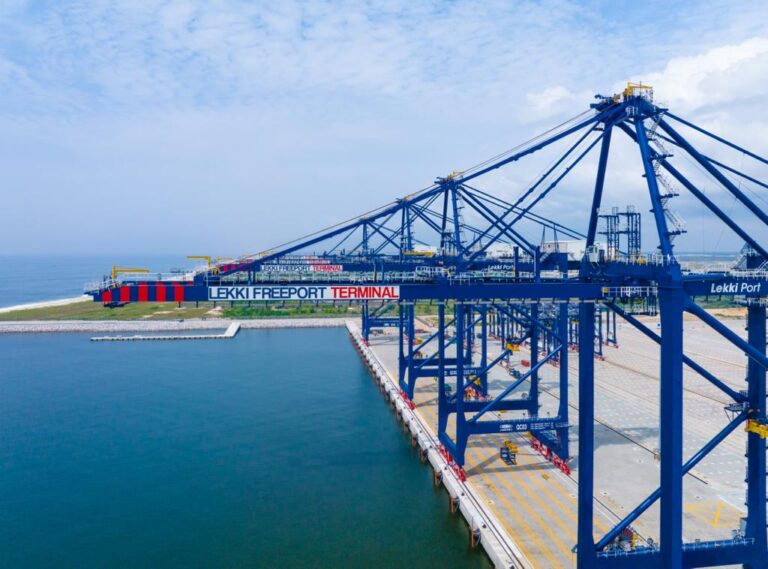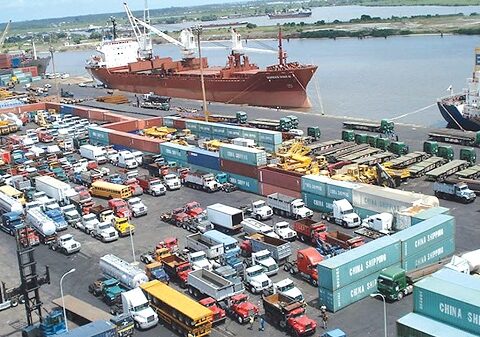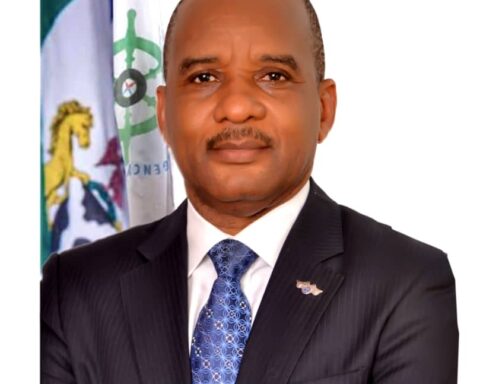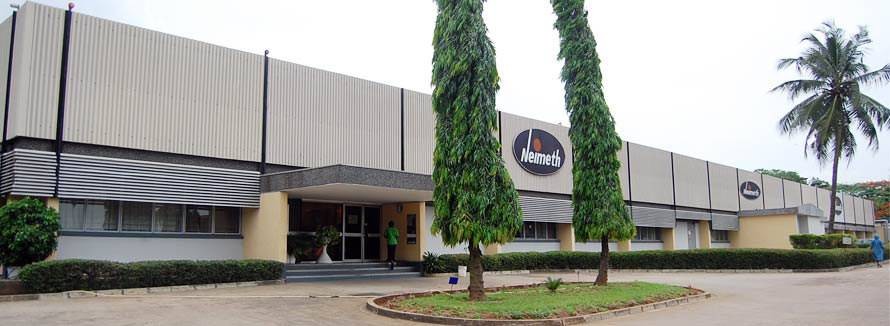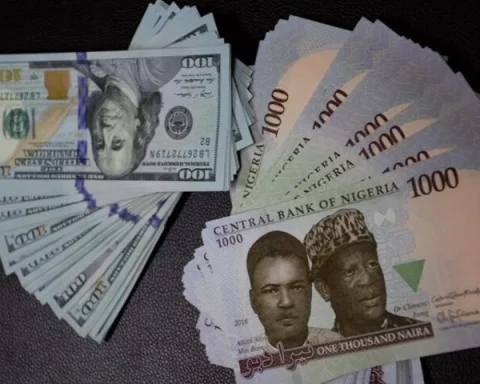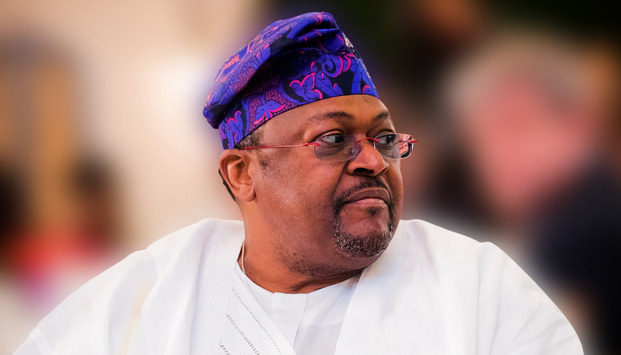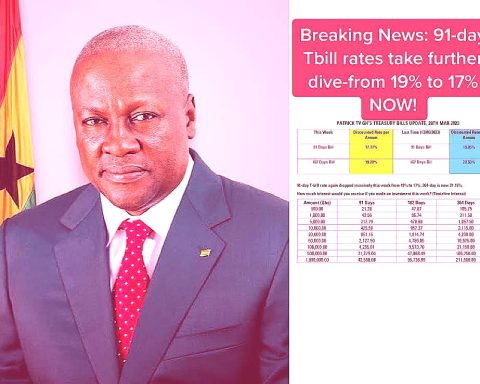Nigerians have expressed displeasure at the decision of the Federal Government to dredge the Lekki Deep Seaport channel, while neglecting ports and infrastructure in other parts of the country.
Managing Director of the Nigerian Ports Authority (NPA), Dr. Abubakar Dantsoho, announced this during his maiden visit to Lekki Port at the weekend.
Join our WhatsApp ChannelThe NPA boss said the $1.5 billion Lekki Deep Seaport channel, which is currently 16.5 metres deep, will be deepened to 17 metres in the first phase, with a long-term goal of achieving a 19-metre depth.
He emphasised that the project is aimed at positioning Nigeria as a leading transshipment hub in West Africa.
FG has also approved the remodernisation of Tincan and Apapa ports, with construction scheduled to commence in the third quarter of 2025.
The government’s move is aimed at boosting trade and attracting larger vessels to the Lagos ports. However, it is being met with concerns about a perceived lack of attention to other port facilities.
Nigerians kicked against what they considered a deliberate abandonment of the development of ports and infrastructure in other parts of the country, especially along the eastern maritime corridor.
They condemned the concentration of efforts in the development and maintenance of Lagos ports while other ports are left to rot away.
They called for dredging/rehabilitation of ports in Warri, Delta State, Onne in Rivers, Calabar in Cross River State, and construction of the Ibom Deep seaport in Akwa Ibom and other strategic ones, stressing that it would help to enhance water transportation across the country and boost the maritime economy which the Federal Government is currently pursuing.
“There are ports in other parts of the country that are in dire need of dredging, but no, it has to be Lagos that is already overpopulated, the Lekki deep seaport,” human rights advocate, Michael Enejo, stated via X.
“What’s happened to the natural seaport at Ibaka in Oron? Why can’t the government use that instead of going to spend $1.5 billion in Lekki?” an X user, Felix Atteh, asked.
READ ALSO: Why Nigeria Won’t Spend A Dime Anymore On National Carrier – Keyamo
“And all the other states’ sea ports should remain dead abi? In the Warri Sea port, breakwater collapse caused a decrease in channel draft, impacting overall Port performance, Escravos for loading tankers,” another X user, Sierra Oscar, stated.
Speaking on the seaport system, economist, Mr Kelvin Emmanuel, said Nigeria is structurally skewed to favour the Lagos economy. He queried why only Lagos would have three functional seaports with the fourth one being developed, while others are abandoned.
He stated that there is no way the country would build a sustainable economy centred around only Lagos. He called for the establishment of an operational seaport in the eastern maritime corridor, which, according to him, is geographically better for maritime operations.
Mr Emmanuel highlighted challenges faced by importers in hauling their containers from Lagos to other parts of the country and the implications on the cost of goods.
“Somebody imports a 40-foot container from Ganzhou to Lagos, and it will cost him five or 6 million naira to ruck it to Aba, and you don’t expect that he’s going to pass on that inflation cost to the people, considering the fact that we don’t have standard gauge rail lines that extend horizontally from the south west to the southeast,” Emmanuel stated, describing it as “economic marginalisation.”
READ ALSO: Calls For Seaport Decentralisation Increase As Citizens Highlight Benefits To Economy
He added that in Lagos has the cheapest goods because of the existence of functional river ports where vessels bring goods directly.
“Imported goods are cheapest in Lagos because it hosts the most functional (river port) in Nigeria, the competitive advantage Lagos has in terms of price comes from this. The cost of transporting containers by trucks adds to the inflation of imported goods in other parts of Nigeria.
“Doing coastal road or rail from Apapa can never substitute for having a functional sea port and inland ports in other regions for transshipment to decongest Lagos,” he further stated.
How to expand Port capacity
The Managing Director of the Nigerian Ports Authority, Abubakar Dantsoho, disclosed that the last time the country built a new seaport was 48 years ago, in 1977.
Dantsoho, who stated this when the President of Dangote Group, Aliko Dangote, paid him a visit in Lagos recently, stated that there are ways to improve the capacity of a seaport.
READ ALSO: The Struggle To Build Ibom Deep Seaport
“There are two ways you can handle capacity improvement/expansion or deepen port capacity. You can do it on a brownfield, which is when you renovate or rehabilitate existing ports, or on a greenfield, which is to build new ports.
“The last time the government built a new port in Nigeria was in 1977, which was the Tincan Island Port. There is already approval for the port modernisation of both Tincan and Apapa ports. We are hopefully looking at maybe the third quarter of this year to commence construction.”
Victor Ezeja is a passionate journalist with seven years of experience writing on economy, politics and energy. He holds a Master's degree in Mass Communication.


